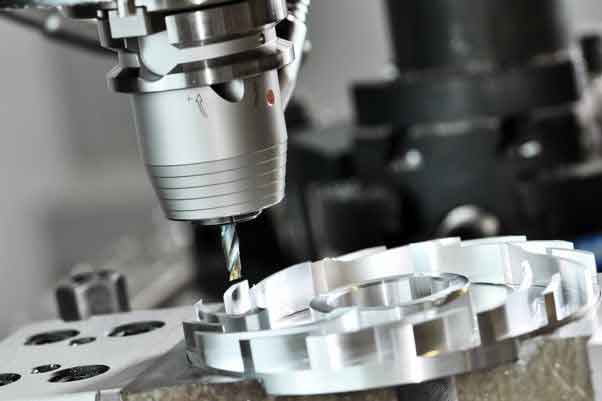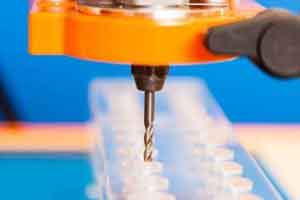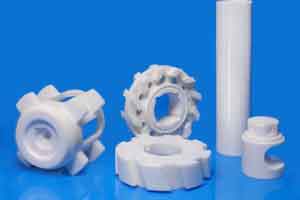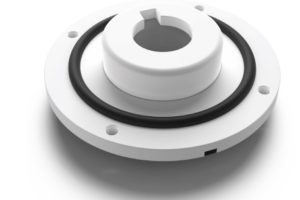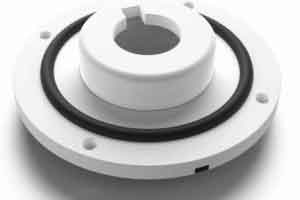CNC machining remains one of the most cost-effective methods for on-demand production to date despite advancements in technologies like 3D printing. You cannot undermine its usefulness in machining materials like metals. However, a few clients could find CNC machining cost calculation quite difficult due to the involvement of various factors.
Do you belong to the category mentioned above? This article will demystify the factors that machine shops consider before determining the costs. It will also give useful tips on how to reduce these costs to suit your budget. Read on to the end to find out more about these useful tips.
What Determines CNC Machining Cost?
Before you can understand how to reduce your CNC machining cost, you must understand the different factors that contribute to the prices. Below are a few factors machinists consider in their CNC machining cost calculation:
1. Material
This is a very important factor that machinists consider when doing the CNC machining cost calculation. As CNC machining is a subtractive process, it tends to use more material than what will be on the final product. Machinists buy these materials in blocks, and they calculate the prices per block. The two types of materials used mostly in CNC machining are metals and plastics. Let’s take a closer look at both of them:
– Metals
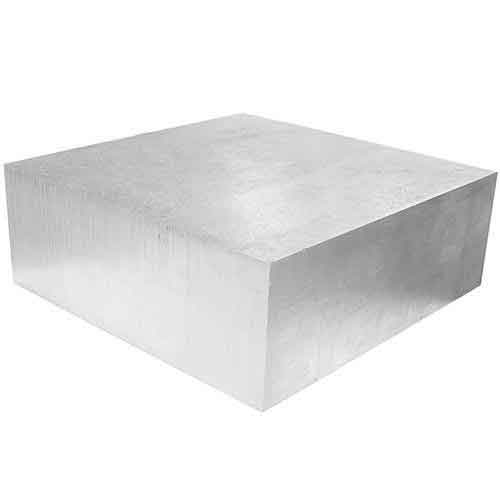
The common types of metals used in CNC machining include Aluminium 6061, Stainless Steel 303, and Brass C360. Machinists use aluminium 6061 the most due to its blend of economical price and good machinability. Stainless Steel 303 and Brass C360 offer a higher degree of machinability and cost more as a result. You can use our quoting platform to know more about how we factor material costs into your CNC costs.
– Plastics
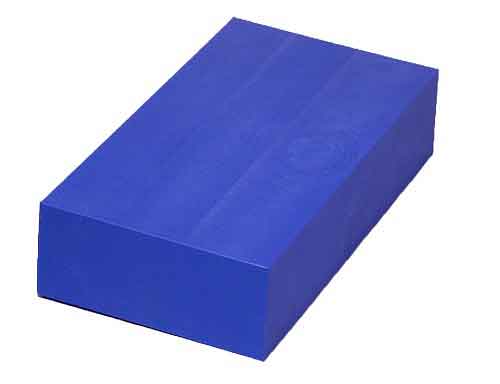
Plastics are cheaper to use for CNC machining due to the lower average price for the bulk materials and the shorter machining times due to their lower hardness. Plastics like ABS, Nylon 6, and POM (Delrin) have approximately the same bulk costs as Aluminium 6061, although they might cost a little higher per block. Plastics like PEEK are really expensive and should only be used when absolutely necessary.
2. Machining Cost
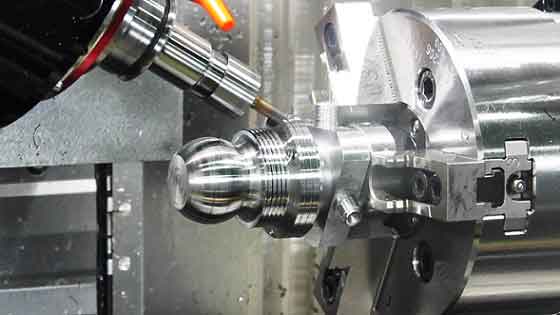
The machining cost depends on the type of machine. The two main types of machines used in CNC machining are mainly: 3-axis machines and multi-axis machines. In Europe, the 3-axis machines cost around $35-$40 per hour while the multi-axis machines cost around $75-$120 per hour. However, you can get these for way cheaper with Chinese companies like China Medical CNC Machining Inc., which offer $8-$10 for 3-axis machines and $30 for 5-axis machines.
Machining costs also depends on two factors: the price of the machine and the number of hours the machine is expected to operate in a year (which is 5000 hours on an average). The machinists divide the machine’s price by the number of hours it will operate in a year to determine their machine shop rates (also known as the machining cost per hour).
Some clients also use machining cost estimator apps to estimate the cost for their projects. At China Medical CNC Machining Inc., we have an instant quoting platform which has this function. With our machining quote calculator, you can get your quotation in a few minutes.
3. Labor
Due to a large amount of automation involved in the CNC machining process, you do not have to pay for a large number of staff members. The main labor costs are for design and digitalization. The labor costs for CNC manufacturing processes are mainly divided into three:
– Programming
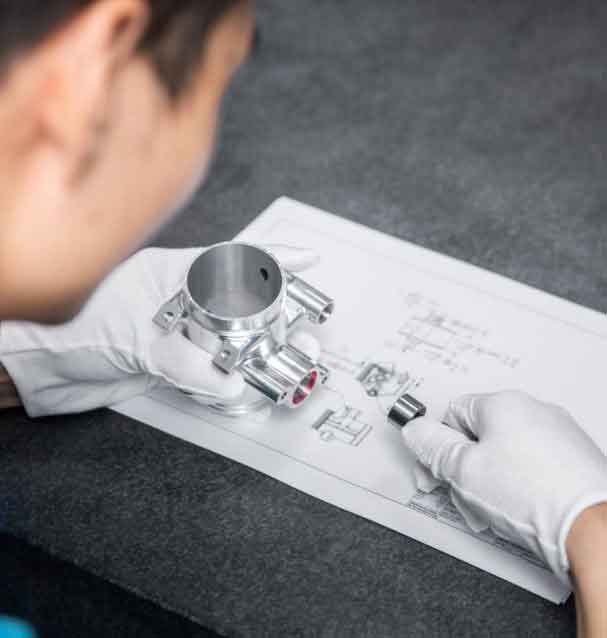
This part of the labor costs is the most expensive because it involves design and digitalization costs. You need to outsource your product for a designer to make into a CAD file. You can bypass this by doing it yourself. Next is the manufacturing engineer who checks your design for reproducibility and gives suggestions on making it better. The last person is the programmer who converts the CAD file into a CAM file to help the CNC machine understand the design. All this expertise will come at a price.
– Set up
This part involves the machine operator. He spends time setting up the machine for a custom CNC job and making sure that everything is performed in a manner that results in a great result. The cost of set up depends on the quantity of the parts to be produced. For bulk parts production, the cost per part is lower as it spreads over the larger number of parts.
– Post-processing
After production, your production will require some assembly and transportation to your desired location. These processes will involve some manual labor which incurs additional costs.
4. Others
Some other additional costs involved in CNC machining include:
– Tooling
Some custom CNC fabrications might require the machine shop to purchase special tools bits for its production. Although the tool bits will stay in the machine shop after production, you might have to pay a part of the machine costs. This is because the tool could wear during production, especially if the raw material has a high level of hardness.
– Surface Finish
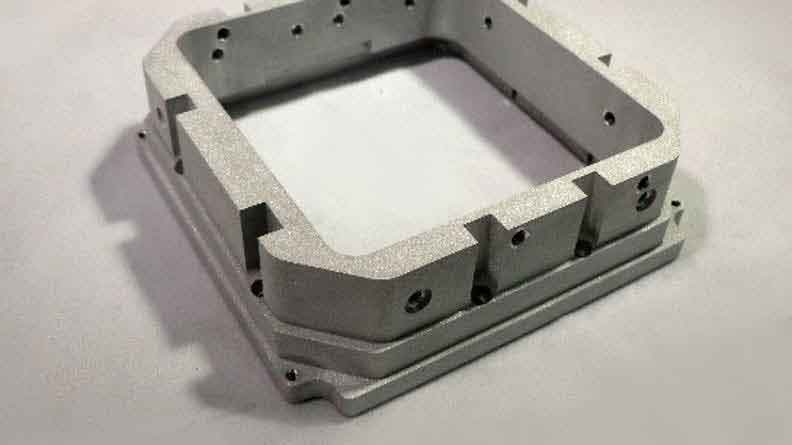
Surface finishes improve the appearance and resistance of CNC machined parts to harsh environments. Although they are advantageous, they increase the machining costs.
All these factors are considered when processing CNC machine cost calculation. To know how you can further reduce these costs, you should see the next section.
How to Reduce CNC Machining Cost
Most times, after estimating CNC machining cost calculations, CNC machining could cost clients a little bit on the high side, especially if they do not make huge quantities of products. Here are a few ways you can adjust CNC machining costs to fit your budget:
1. Reconsider Material
The material you’ll use for your product is a huge determinant in CNC machining costs. You should consider the price of the material before choosing it for the production process. Also, the machinability of the material is very important. This determines the machining time, which in turns, affects the CNC machine shop hourly rates for your production process.
2. Optimize Design
The design for the manufacturing process is also a very important factor in CNC machining cost calculation. The complexity of your design determines the length of the machining times, which, in turn, affects the costs. To minimize the complexity of your design, you can consider the following questions before sending the design for quoting:
– Is my part optimized using the Designing for Machinability guidelines?
– Are all features in my model necessary? Can I remove or simplify any of them and still retain full functionality of my part?
– Can my design be split into multiple parts that are easier to CNC machine and then assembled?
– Is there a way to modify my design to eliminate the need for multiple machine setups or special tooling?
– Is there a less expensive or easier to machine material that can fulfill my design requirements?
You can also get professional design recommendations from us at China Medical CNC Machining Inc.. We have a team of 150 engineers ready to help with any part of your production process.
3. Outsource Your Need
Outsourcing your project is another great way you can get to minimize your CNC machining costs. However, outsourcing projects to CNC machining companies in developed countries is extremely expensive. Companies in China, on the other hand, offer quite cheaper prices with just the same level of quality. We compiled a range of prices in the two regions below:
– Price in Developed Countries
European CNC machining prices are generally higher due to the higher standards of living in these parts. Their prices generally range from $35 – $40 per hour for 3-axis machines while multi-axis machines cost $75 – $120 per hour.
– Price in Asian Countries
Chinese companies are known for their very affordable CNC machining prices which makes many clients all over the world outsource to companies in this region. A good example of a Chinese company that assures quality and still gives affordable prices is China Medical CNC Machining Inc.. We offer a range of $8 – $10 for 3-axis machines and $30 for multi-axis machines.
RapidDirect: Your Ideal Solution for CNC Machining
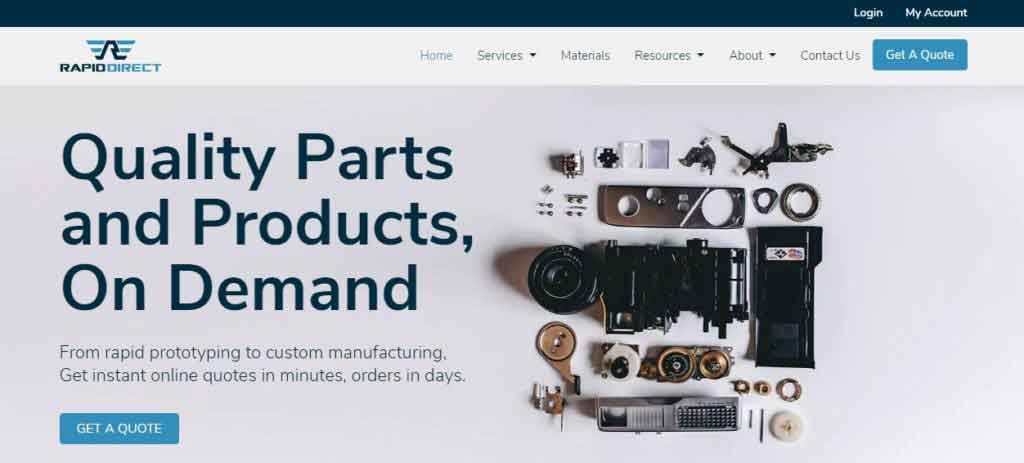
Do you worry about how to get good CNC products manufacture at affordable prices? Or you’re not acquainted with the CNC process, and you want a company that can deliver top-notch products? At China Medical CNC Machining Inc., we provide you with top-tier CNC machining processes.
With us, your CNC machining cost calculation is a piece of cake. You get your quotation almost instantly thanks to our instant quoting platform. Within 12 hours, we analyze your design and send feedbacks.
In terms of manufacturing, China Medical CNC Machining Inc. has built a coordinated system comprising feedbacks and in-time progress communication. With this, you can be assured, we’ll deliver your products on time and with high manufacturing quality.
FAQs
Q: Is CNC machining expensive?
A: The price of your CNC machining projects depends on the product’s complexity and the number of parts you want to make. For example, if you’re making a part that has a combined machining and material cost of $2 and a setup cost of $200, one part will cost $202. However, if you make 200 parts, each would cost $3!
Q: What is the best material to use for CNC machining?
A: The best type of material to use for CNC machining depends on the product you want to make. For example, if you need an affordable material and has good machinability, Aluminium 6061 is the best pick. However, if you need a metal higher machinability and do not mind the price, Brass C360 is the best metal.
Q: How much does CNC machining cost?
A: The cost of your CNC machining projects is not fixed as it depends on the characteristics of your project such as the design, tolerances. Machining times of the material to be used in the project also contributes to this pricing.
Conclusion
Making your CNC machining costs affordable should not be much of an issue once you follow the tips mentioned above. At China Medical CNC Machining Inc., we can offer even more affordable deals by giving quotations that are 30% lower than the average of competitors. Get your instant quote today!
Share on social media...
Tags
Popular Topics
1
Understanding Plastic Fabrication Processes: A Complete Guide
Ayotomiwa Omotosho13 Feb
2
Ceramic CNC Machining: Another Option for Custom Manufacturing
Oluwafemi Adedeji13 Feb
3
The Overmolding Design Guide You Must Never Forget
Oluwafemi Adedeji13 Feb
4
What You Need to Know About the Overmolding Process
Paul Richard05 Feb

